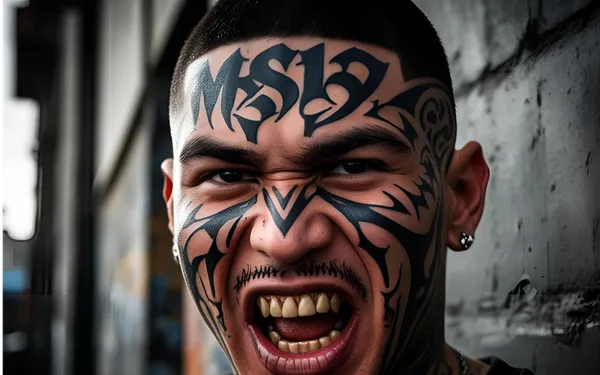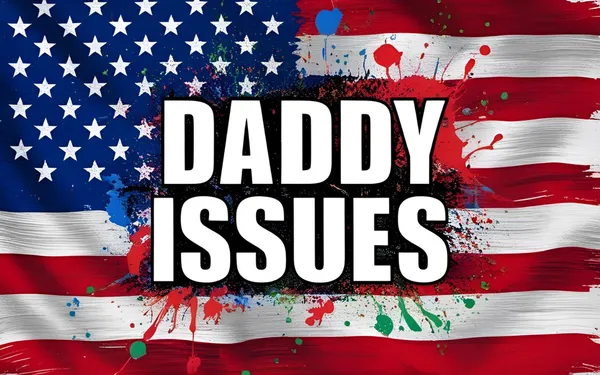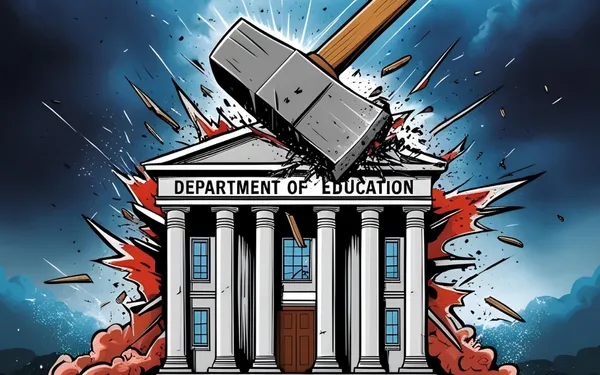Easter in Poland remains steeped in tradition. The nation slows to a crawl days before Easter Sunday, as multiple generations of families return home to spend time with one another and practice rituals passed down for hundreds of years. By preserving their traditions, the Polish people help keep government at bay, something Americans now fail to do.
Unlike in the US, where Easter is mostly celebrated as a family brunch sandwiched in the middle of a busy weekend, in Poland, Easter lasts for close to a week. Schools are closed, many businesses cut back on their hours, and commuter traffic evaporates. Although some do, most Poles do not take advantage of this time off simply to travel for a vacation in a warmer climate. They shop for food, prepare meals, and tidy their homes for visitors—family and friends—who will descend on their kitchens for a series of meals that can last the better part of a day.
The day before Easter, local churches fill to standing room only with people from surrounding neighborhoods who carry baskets containing ham, bread, horseradish, salt, sausage, eggs, and a small lamb formed out of butter. Each item functions as a symbol: Ham represents abundance, and eggs represent life. Once everyone has assembled, basket in hand, the priest walks through the crowd, blessing each basket one-by-one while sprinkling it with holy water. Once blessed, the baskets reappear the following day on Easter Sunday as centerpieces for dining room tables.
Meals last for hours. Special cold salads, sausages, sour soup, and beets are followed by traditional caramel nut tarts served with coffee and tea. After a break, for the adults to talk and the kids to play, a second meal arrives with large roasts of meat, deviled eggs, and rich stews. Brunch transforms into lunch that transforms into dinner. Homemade fruit brandies are passed around the table, everyone sets aside their differences, and laughter can be heard up and down the block. Everyone, from newborn babies to the oldest living grandparent, is invited. Easter Sunday in Poland resembles an American Thanksgiving.
The day after Easter, children wake up early to battle one another with Easter water cannons. Today, plastic squirt guns are the preferred weapon, but some children still use the traditional Easter egg-shaped bulb (now made from plastic) filled with water as a squirter to go after their siblings the moment they wake up.
Unlike in most urban America today, even in the largest cities in Poland, it would be difficult to find anyone other than an American or Asian tourist wearing a mask. Fear and anxiety are largely absent. Many Poles openly criticize the government and few trust it. Their loyalty is directed toward their families and their church. They show this loyalty through their traditions that include every member of the family. I believe this maintenance of tradition—pagan and Christian—strengthens the immune system of the body politic by reducing the importance of government. At Easter, the Polish people experience the centrality of the Church and family in their lives and the relative unimportance of government. The Polish celebration of Easter reminds them of what is truly important.
Urban America has lost this. No matter what the holiday, American cities no longer slow down. Life continues as usual. There is no real break, at least not one long enough to generate the perspective necessary to question the primacy of government. Families get together less frequently and for shorter periods of time. Intergenerational gatherings are rarer still. The freedom of children to play and explore has been removed. When was the last time you saw a plastic water pistol? Even displaying a finger gun now leads to a call to the police. After three years of church closures, attendance at any religious observance has shrunk to a handful of die-hards. To be fair, you can’t blame Americans for withdrawing from the urban churches—most priests behaved shamefully by complying with government orders to close their church doors rather than honor their vows to serve a power higher than government. Still, it cannot be denied that the soul of urban America is tarnished—rotten, even. Much of this decay can be traced to a renunciation of tradition.
As evidence of the effect of abandoning tradition, simply compare rural America to urban America. Tradition continues to thrive outside the cities, and rural communities (or small cities) are still thriving as a result. I first observed over one year ago that the collapse of the United States is not proceeding uniformly. It is concentrated in the cities. It is the cities that have abandoned tradition: Church, family, freedom. Ironically, American cities have always been the most progressive places in the country. Now, there are the most regressive…and repressive. They have become mini-concentration camps of anarchy in the micro and tyranny in the macro. They are wastelands of urban chaos run by tyrants. Escape From New York is now the lived nightmare of every American unfortunate enough to live in a large city in the US.
Will tradition alone save urban America? No. But a return to honoring traditions would serve as a powerful tool to push back against a corrupt government led by evil people. I live in Los Angeles, a wasteland located in an Eden called California. Leave LA and drive for one hour into rural central California, and you will find an entirely different culture, one rooted in tradition, family, Church. Those Californians practice what the average urban Pole does. They continue to thrive, as Los Angeles and San Francisco continue to decline into misery and chaos, as does nearly every large city in America.








Member discussion